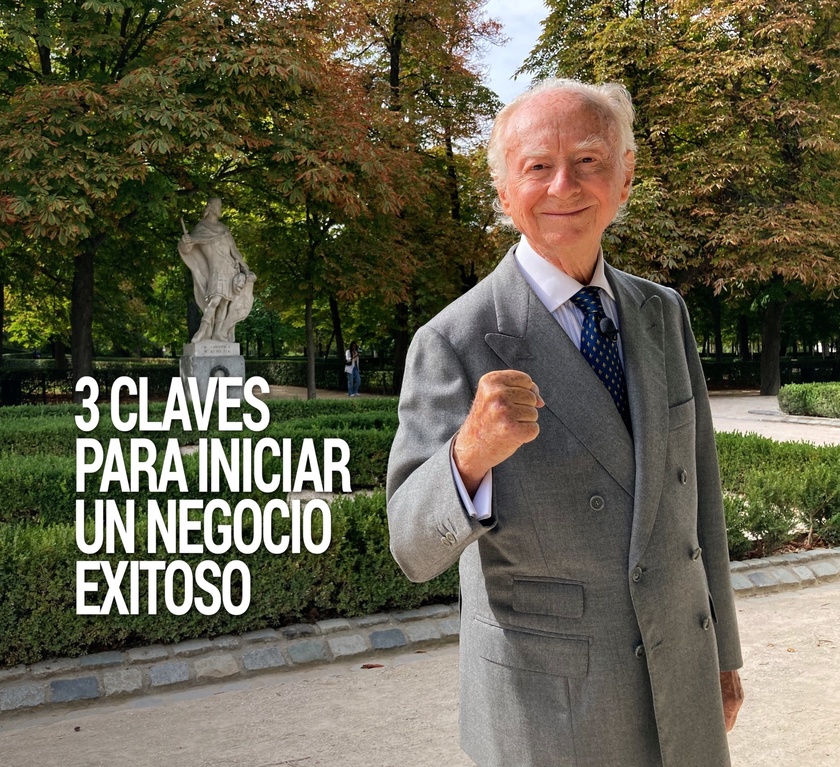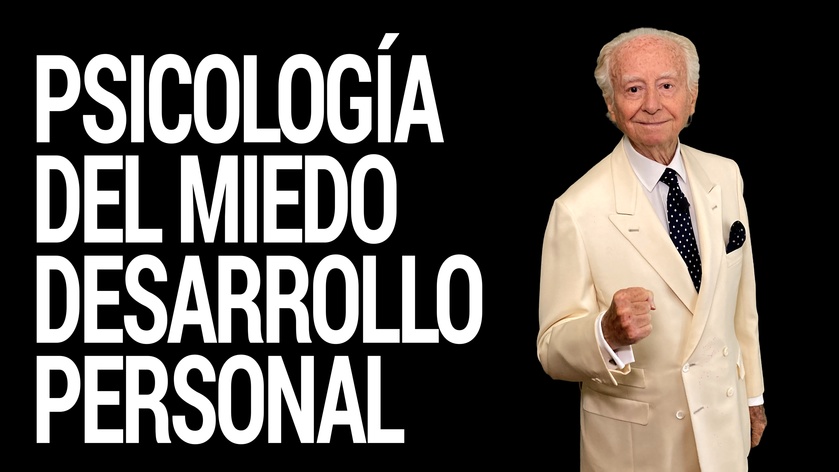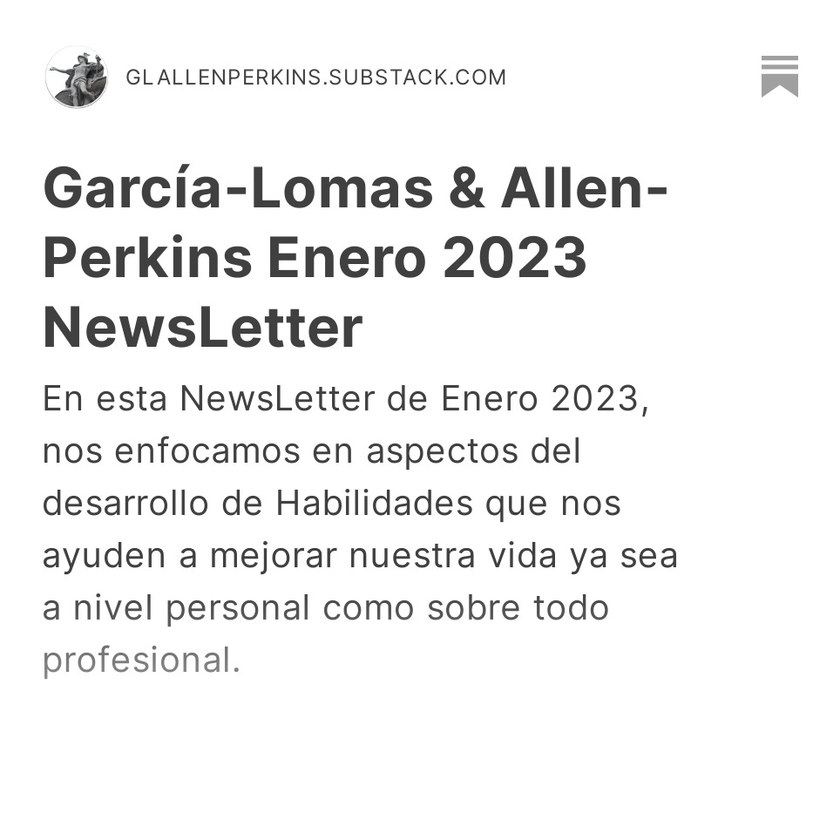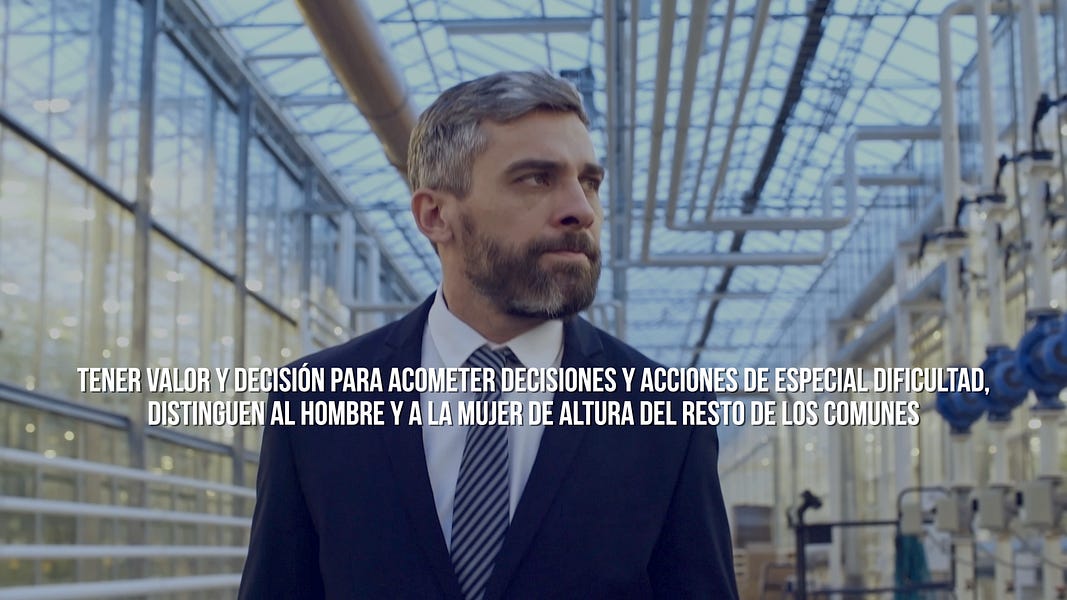Foto de Andrea Piacquadio en Pexels
We have already pointed out in other videos on our channel that “Saying is not selling”, that selling is “asking, knowing how to ask”. Influence people, the Client, not with statements but through Questions.
If there is something certain is that "generally in life, if you learn how to ask, if you become Skillful when Asking, then you will acquire the control over the conversation". This works in any situation, and I repeat "IN ANY SITUATION".
Wellcome I'm David, The modern concept of Selling is that: "selling is Asking", so today we continue to deepen into the Sales Process.
The Qualification | Obtaining information from Clients.
We are talking about Stage II of the sales process - Information Collection - Qualification.
Remember that in the previous Videos on Advanced Sales Techniques Part I, we said that you have to Influence the client with questions and not with statements or pretentious terms since all of them imply some authority.
Therefore, The Questioning Technique tries to provoke in the client his own “Self Indoctrination”.
That is..., it is the Client himself who comes to accept an Idea through the use of the Questioning Technique, causing the same Client to accept and express it.
Stage II - Taking Information or Qualification, tries to get all the relevant information about the client and their situation, to present our solutions, products, etc ... "in-line with the next stage, that of BENEFITS. ”With Customer's situation and demand."
Let's get into Question Techniques.
There is a very interesting exercise that I have been developing over the years with numerous groups, where the training of knowing How to Ask? is essential.
The exercise is called “Doctor my head hurts”, and consists of developing a small role-play, myself with the group, where I was a Trainer interpreted the figure of a patient who comes to visit a doctor, which is played by The whole Group, with the aim that by telling them about my problem, they can ask me all kinds of questions to find out the cause of my headache.
Immediately it is shown that all the questions that they ask me are questions that provoke the answer to be a simple Yes or No, as an answer on my part as a patient, and that they do not provide information.
With these types of questions that result in a Yes or No, it is difficult for the group to find out the ailment of the patient that I interpret.
Therefore, at a certain moment, I stop role-play and tell them about some Verses developed by the Literature Novel Price Rudyard Kipling, who in a moment of Inspiration said:
I have Six honest Servants, they taught me all I knew, their names are, When? & Where ?, How? & Quien? Que? & Why?
With this, we say that, in principle, there are two types of questions: Open Questions like Kipling's, questions that will produce a broad or open response from the interlocutor. And Closed Questions such as those that the group asked me in the beginning, without obtaining any significant results, and which are those that end in a Yes or a No, as a response from the interlocutor.
Now, we resume the role-play, and I tell them to use Open Questions the ones of Kipling, and soon after they start asking me those types of questions, they come to find out the cause of the patient's problem that I as a trainer have interpreted in this exercise.
The message is clear: ... We must use more Open Questions and fewer Closed Questions if we want to delve into the situation of the Clients.
And this occurs in any kind of verbal transaction in our personal or professional world.
Now and without getting too complicated, let's talk about two more questions, which are essential, and which are called the Neutral and the Influence Questions.
Neutral Question is the one with which we obtain the Client's response "without influencing him", regarding the content of his response. Neutral Questions give our Clients great freedom.
While the Influence Questions are those with which we intend to influence the content of the response of our interlocutor. Message: ... You have to use more Neutral questions and fewer Influence questions.
Now: I propose a small exercise to fix in our mind these ideas and manage them effectively for the future. Classify what type of Questions are each of those listed below.
Classification I - OPEN or CLOSED?
01 - What is your opinion? -
is OPEN. or CLOSED .. is Open.
02 - Is that convenient?
... CLOSED
03 - Why?
... OPEN
04 - When will we have the answer?
..OPEN
05 - That statement leaves me surprised.
... It's not a question, it's a goof.
Now let's get into the Questions
NEUTRAL? or OF INFLUENCE?
06 - According to the experts, the market is growing, do you? what do you think?
..I
07 - Why do you say that?
... N
08 - What is the current situation?
... N
09 - The numbers show that our market penetration is decreasing, what do you say to that?
... I
10 - But really, you? believe that?
... I
Let's finish with the classic expression that says:
"If Sales is Not Mathematics, Question Techniques are not Mathematics either."
Thanks, best regards, David.

15:00h en YouTube: https://bit.ly/38I1QgD
Aprovechando que ya ha comenzado la temporada de Fórmula 1, quisiera explorar en este vídeo cuál es la repercusión del Trabajo en Equipo, el “Team Building, Team Work” en el desarrollo de la Fórmula 1, ya que esta competición vive gracias a él, e impacta en el desarrollo de la tecnología del sector de la automoción a nivel mundial. Hablamos de “FORMULA 1 Trabajo en Equipo”.
#Formula1 #TrabajoEnEquipo #F1
3 CLAVES PARA INICIAR UN NEGOCIO EXITOSO.
Iniciarnos en un negocio nuevo o mejorar nuestro negocio para así poder tener éxito en el futuro no es tarea fácil; si no cualquiera lo haría.
Si algo he aprendido por mi profesión a lo largo de los últimos 40 años y más de 3000 días entrenando a equipos comerciales y de gestión empresarial, es que existen factores claves que pueden condicionar el éxito o el fracaso de un negocio.
Veamos tres claves para iniciar un negocio exitoso y que también es de aplicación si ya lo hemos comenzado pero queremos hacerlo crecer de una manera más eficaz.
Primera clave, conocer a la perfección tus recursos.
Segunda clave, como crearnos un plan de acción enfocado a la planificación estratégica.
Tercera clave, la clave del éxito es la perseverancia, la persistencia, la determinación.

La Psicología del Miedo | Desarrollo Personal.
Youtube video:
El Miedo es la reacción que se produce ante un peligro inminente.
El Miedo sirve para reaccionar y escapar eficazmente ante ese peligro inminente.
En el vídeo de hoy vamos a dar 5 Estrategias para enfrentarnos al Miedo.















